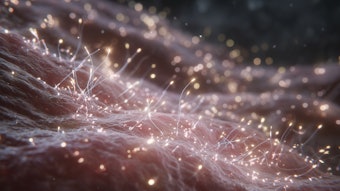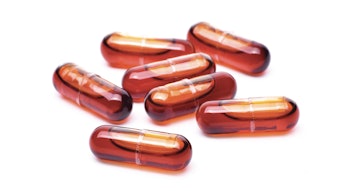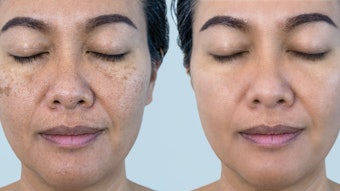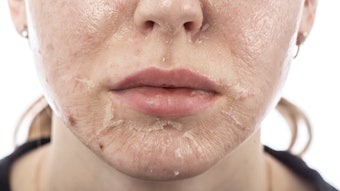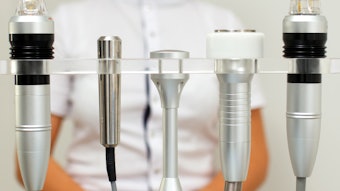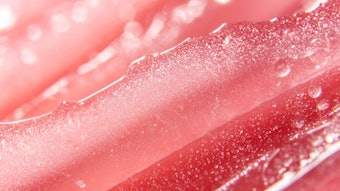Findings from a new study confirm that tea extracts applied to the skin promote the repair of damage from radiotherapy, and shed light on the mechanisms involved in the injury. The beneficial effects of the extracts are mostly from their ability to attenuate the body signals that trigger inflammation.
Radiotherapy interruption because of toxic effects to the skin may compromise the outcome of cancer treatment, lead author Dr. Frank Pajonk, from the David Geffen School of Medicine at UCLA, told Reuters Health. "So, it is important to have an effective treatment for this problem."
According to Pajonk, "tea extracts have been used as a folk remedy for sunburns, which led to their use as a treatment for radiation-induced skin toxicity. They have proven quite successful in this regard, but there were no scientific data" to clarify their effects.
In a study reported in the journal BMC Medicine, the researchers analyzed the effects of green or black tea extracts given to 60 patients with skin damage related to radiotherapy for head and neck cancers and cancer in the pelvic region.
Treatment with the tea extracts enhanced skin repair, the report indicates. For radiation damage in the head and neck region, the green and black tea extracts were comparable in promoting repair, whereas in the pelvic region, green tea extract was superior, Pajonk said.
The tea extracts inhibit a key proteasome, which "is at the center of the inflammatory machinery," explained Pajonk. This effect is associated with a reduction in several cells that lead to inflammation.
The researchers also found that the anti-inflammatory effects of the tea extracts did not stem solely from epigallocatechin-gallate, considered the most active component found in green tea.
Pajonk said that there is now a need for additional studies to compare tea extract therapy with standard treatments for radiation-induced skin toxicity.
By Anthony J. Brown, MD, Reuters Health, December 7, 2006

